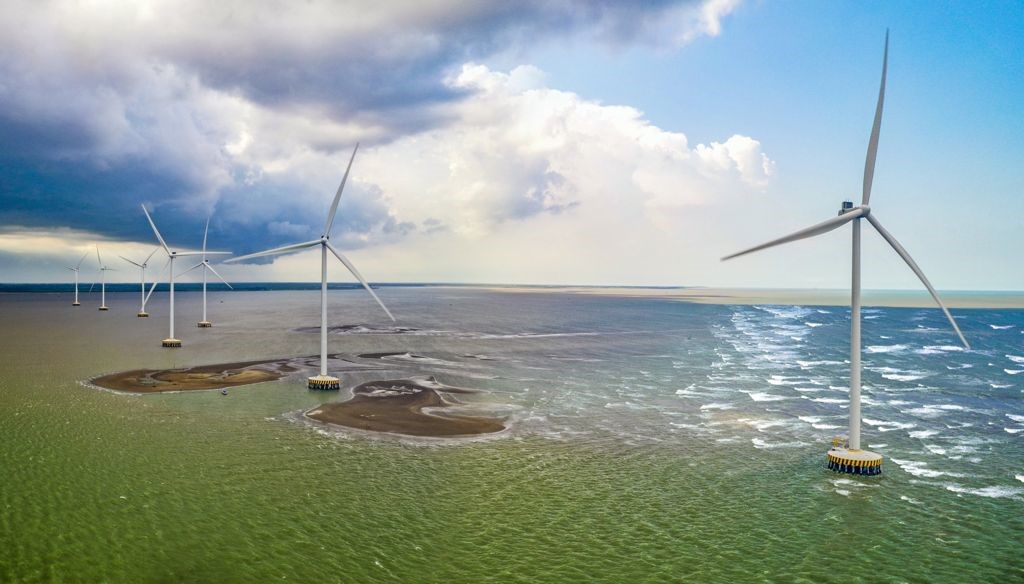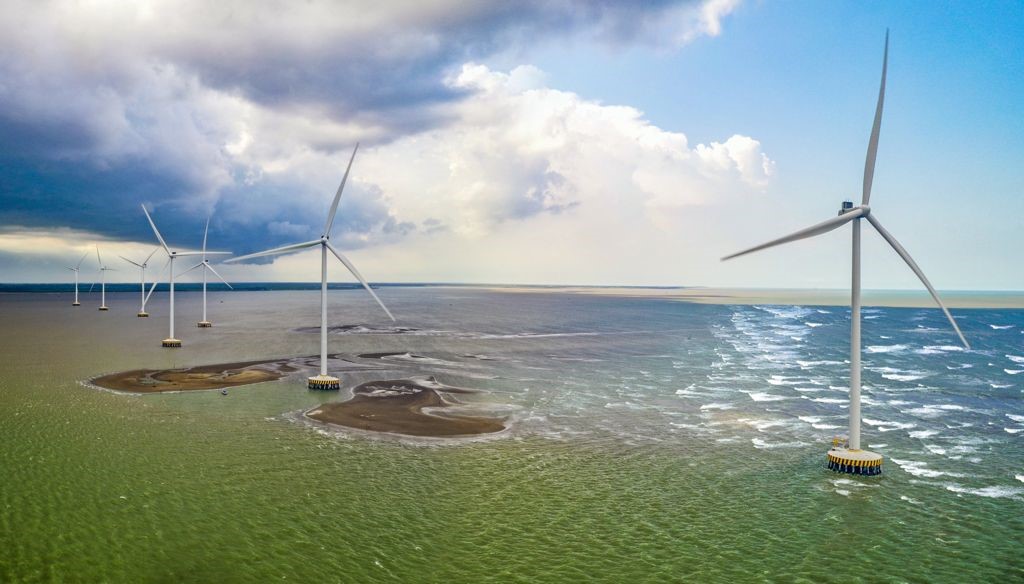Decree 80/2024, effective from July 3, marks a transformative step for Vietnam’s energy sector, particularly for renewable energy investors. This new framework allows renewable energy developers to directly sell power to large consumers, either through private lines or the national grid managed by Electricity of Vietnam (EVN).

Previously, renewable energy investors had expressed concerns about Vietnam’s Feed-in Tariff (FIT) program for solar energy projects, initiated in 2017. Issues stem from the Power Purchase Agreements (PPAs) offered by EVN, which are considered unbankable due to clauses allowing EVN to suspend purchases indefinitely, contrary to global best practices. With the introduction of direct power purchase agreements (DPPA), Decree 80/2024 establishes a competitive and dynamic market environment as it significantly reduces EVN’s dominance, enhancing opportunities for private sector participation and foreign investment in renewable energy projects.
Since 2012, the Ministry of Industry and Trade has been working to develop the Vietnam Competitive Power Generation Market (VCGM), but has achieved little progress, with renewables excluded due to FIT constraints and high costs per unit. The wholesale market is still emerging, while the retail market has yet to take shape. Observers see Decree 80/2024 as a major step towards establishing the wholesale power generation market, alleviating investor concerns regarding price uncertainty.
The introduction of DPPAs fundamentally reshapes the landscape by providing producers with a direct negotiation mechanism for pricing with consumers. This clear and stable purchasing framework not only bolsters investor confidence but also makes Vietnam more attractive for renewable energy investments. It marks a pivotal moment in Vietnam’s energy policy, fostering a more competitive market that is expected to spur greater investment in renewable energy infrastructure, supported by a reliable base of large electricity consumers.
Importantly, the DPPA mechanism supports Vietnam’s commitment to sustainable development by promoting the use of renewable energy sources. This transition is likely to result in significant reductions in greenhouse gas emissions, aligning with global climate goals and improving local air quality. This move also aligns with Vietnam’s ambitious Net Zero strategy, positioning the country to meet its carbon neutrality targets by 2050. Additionally, Decree 06/2022/ND-CP on managing greenhouse gas emissions and green production bolsters this transition, with Vietnam capable of generating substantial revenue from sustainable exports. Economically, renewable energy producers can benefit from more predictable revenue streams through direct negotiations, leading to better financial planning and increased profitability.
However, the implementation of this new framework requires robust regulatory oversight to ensure fair pricing and prevent market abuses. Investors will need to stay informed about regulatory developments and actively engage with local stakeholders to navigate these complexities successfully. Understanding the evolving regulatory landscape will be crucial for capitalizing on the opportunities presented by the DPPA framework.
This shift towards a free market of energy in Vietnam, driven by the DPPA framework, represents a pivotal moment in the country’s energy transition journey. It underscores Vietnam’s commitment to renewable energy and sets the country on the path to become a key player in the global renewable energy market.



